Alan Titchmarsh: How to master the fine art of pottering
As time opens up for all of us to spend more time in the garden, Alan Titchmarsh offers his tips on how to make sure you do it right.

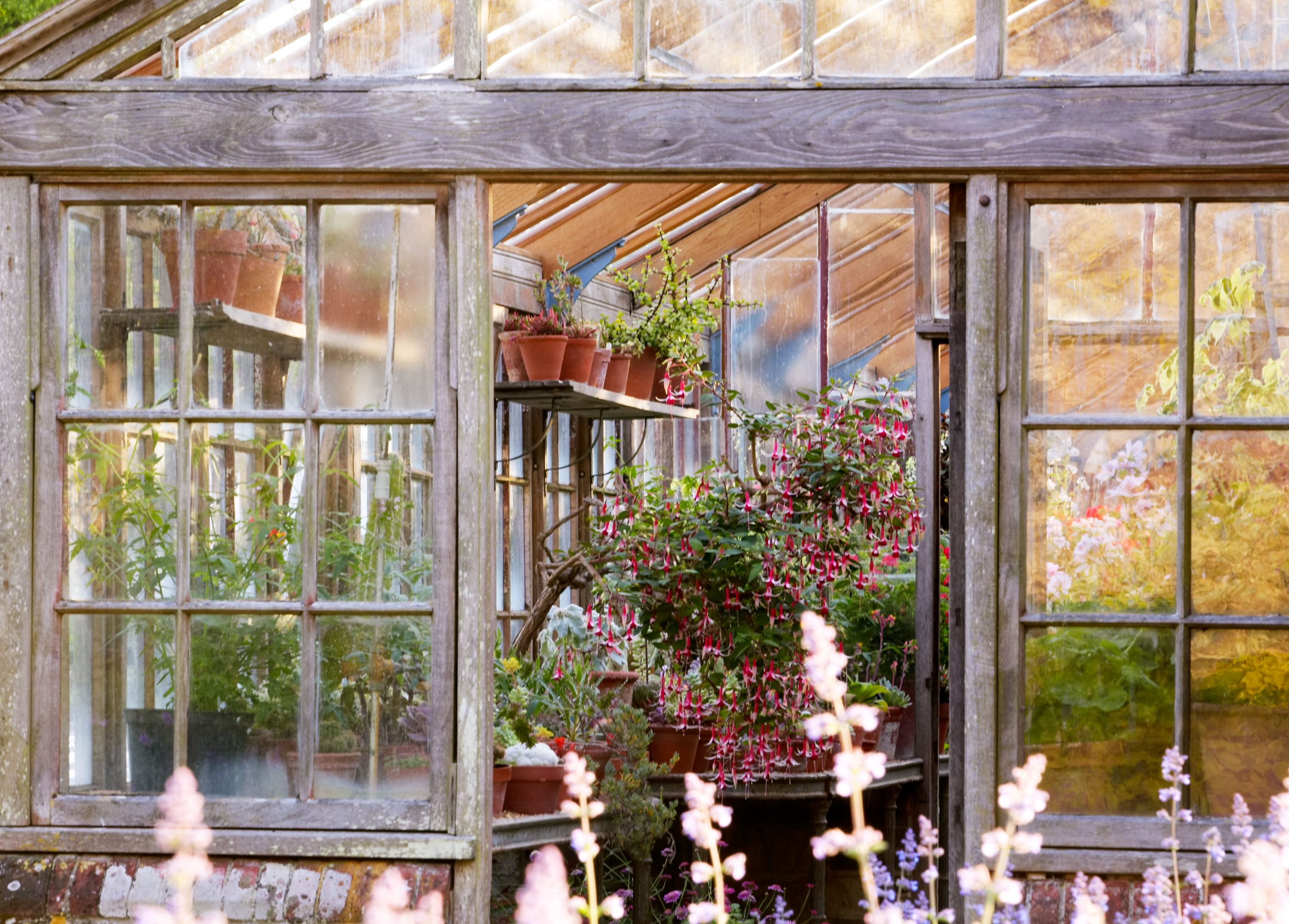
'What are you doing?’ asks the lady of the house through the open back door.
‘Just pottering,’ I reply.
Just pottering… a phrase that’s a catch-all term for this and that — a weed pulled up, a wayward shoot snipped off, all of which tasks combine to make a garden that looks loved and cared for.
The dictionary definition is rather too dismissive for my liking: ‘Potter verb: occupy oneself in a desultory but pleasant manner, doing a number of small tasks or not concentrating on anything in particular.’
Well, I might not be concentrating, but that’s the joy of pottering — the ability to slip into autopilot, to let one’s mind wander, perhaps hum that wretched tune that insinuated itself into one’s consciousness thanks to listening to Classic FM when shaving.
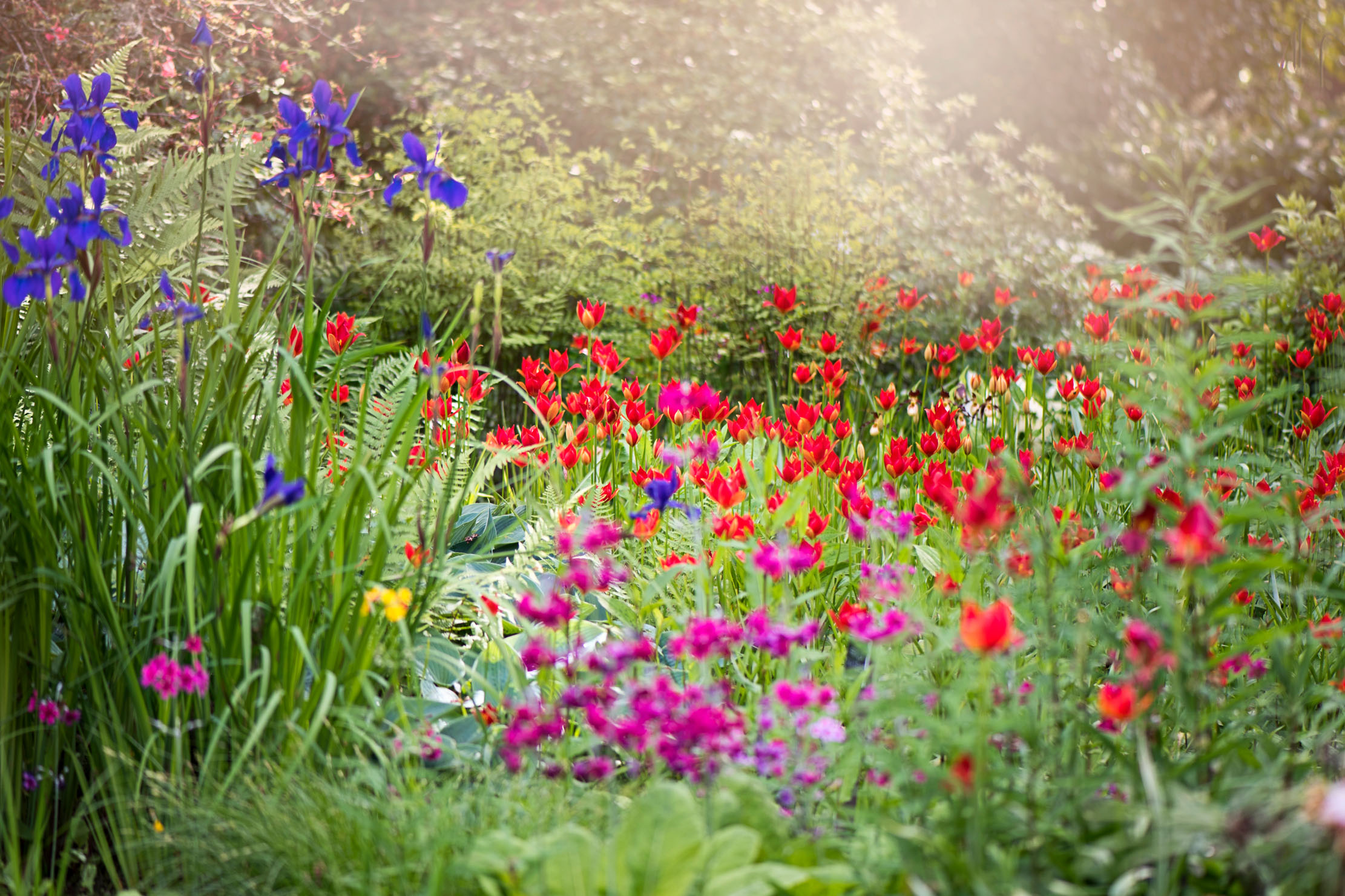
When it comes to pottering, gardening has few equals in terms of opportunity. You can’t ‘potter’ at driving a car (it takes far too much concentration). The same applies to DIY – let your mind wander when you’re putting up a shelf and you are likely to end up minus a finger. You can’t potter when looking after grandchildren or participating in any sporting activity. No, I reckon gardening has it all sewn up in the pottering stakes.
There are times, if you’re not careful, when pottering can lead to more serious operations. That weed you just pulled up will have friends: wade into the fray and, before you know it, you will have renovated a whole border. That’s labouring, not pottering.
Exquisite houses, the beauty of Nature, and how to get the most from your life, straight to your inbox.
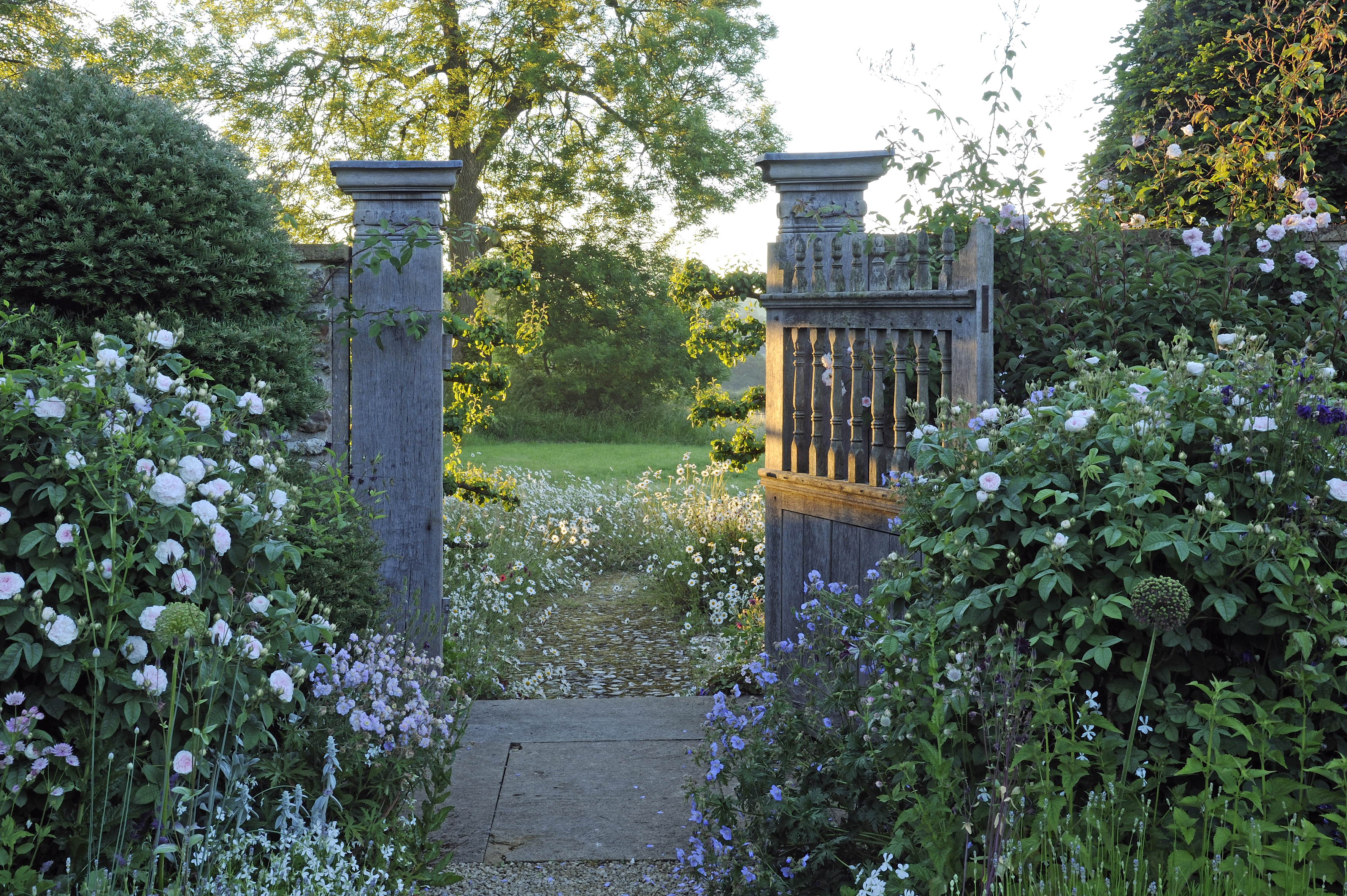
Mowing the lawn is allowed. When so engaged, you can let your thoughts fly to other things, provided you have half an eye on the stripes. That’s not a problem if you invest in a ride-on mower, as astride your trusty horticultural steed you can look busy and active, even when you’re going over the same swathe of grass for the umpteenth time, humming Ride of the Valkyries.
There have been many arch-exponents of the art of pottering, but the crown goes to P. G. Wodehouse’s creation Clarence, the 9th Earl of Emsworth. He had pottering down to a fine art. Not for him a spell of double digging or hedge clipping. He had a man for that: Angus McAllister, a dour Scot with flame-coloured whiskers who ruled over the demesne of Blandings Castle like a titan. Lord Emsworth contented himself with sniffing a rose, rubbing a greenfly or two from the shoots of a camellia and sighing contentedly as he gazed over the terrace at Blandings, his eye resting upon the beds and borders that luxuriated in his ‘gravel soil’.
'They might have got through all the important jobs in double-quick time, but they will be sadly lacking in the potterer’s greatest attribute: peace of mind.'
I aspire to be more like Lord Emsworth. To seek nothing more from life than leaning on the wall of a pigsty and scratching, with a stick, the back of my prize sow, who might, perhaps, rival the Empress of Blandings, if not in avoirdupois, then at least in being able to engender in her owner an air of contented calm.
You see, you can’t potter if your mind is racing. You will move too fast and be too eager to complete the operation. Pottering is endless – an eternal round of a bit of this and a bit of that. There will be those who shake their head at the very thought of not getting stuck into a job and doing it properly and at some speed.
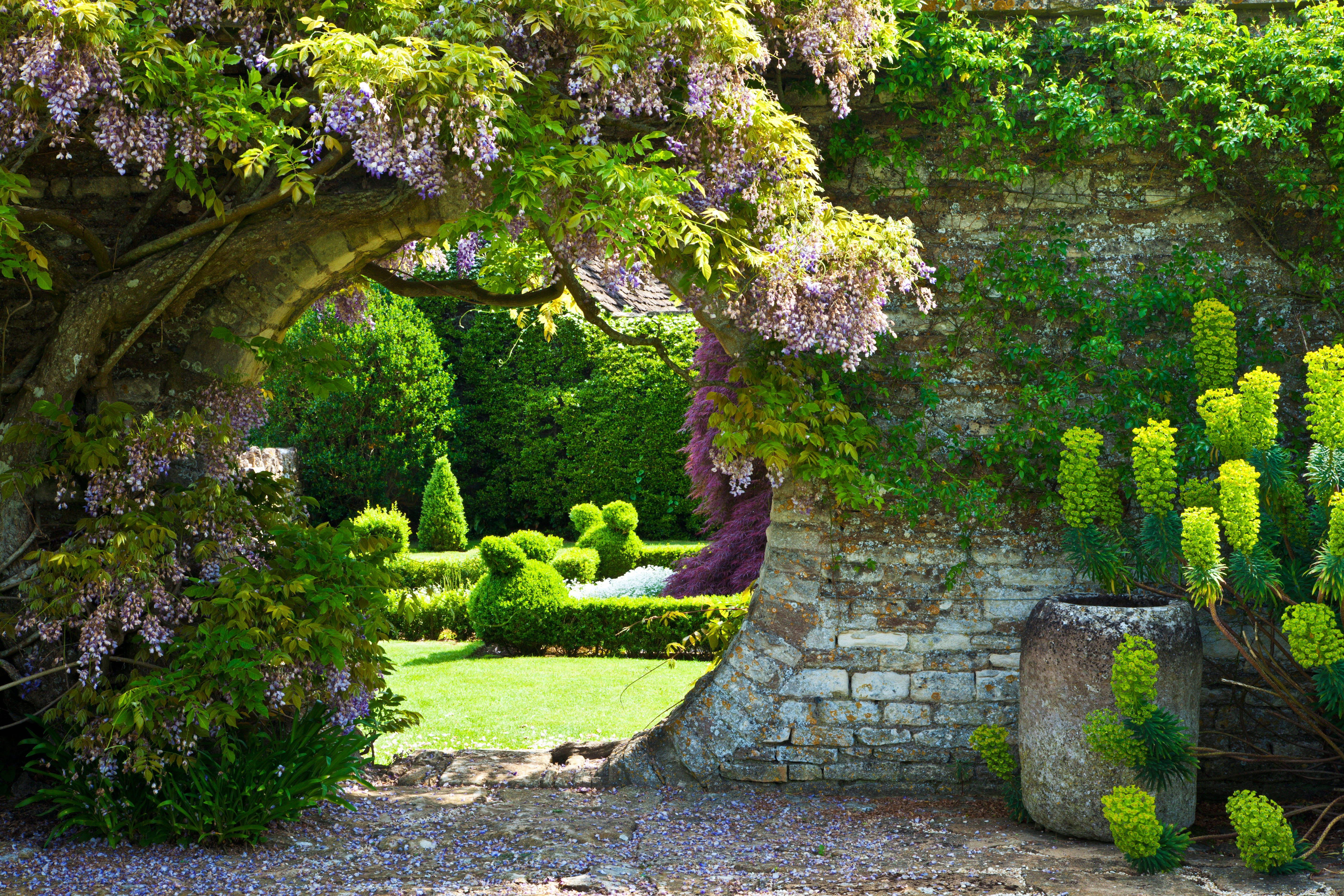
But when the job is done and the task is completed, then you have earned your right to potter and with it will come, I hope, an air of contentment. Look up to spot the skylark trilling away in the blue, watch the blue tits eating their fill of sunflower seeds, see the cowslips trembling in the spring breeze and the pollen floating from the hazel catkins.
Only when you are able to gain satisfaction from the humblest of tasks, short in duration and seemingly inconsequential, will you have become a true potterer.
The funny thing is, your garden will seem so much lovelier than that of gardeners whose life is all rush and bustle. They might have got through all the important jobs in double-quick time, but they will be sadly lacking in the potterer’s greatest attribute: peace of mind.
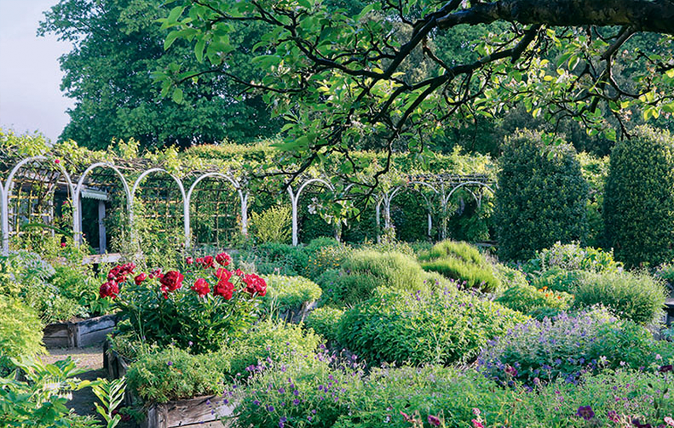
Alan Titchmarsh: The poetic pleasure of plant names
Our gardening expert on the days spent learning the names of some of the most obscure plants in Britain.
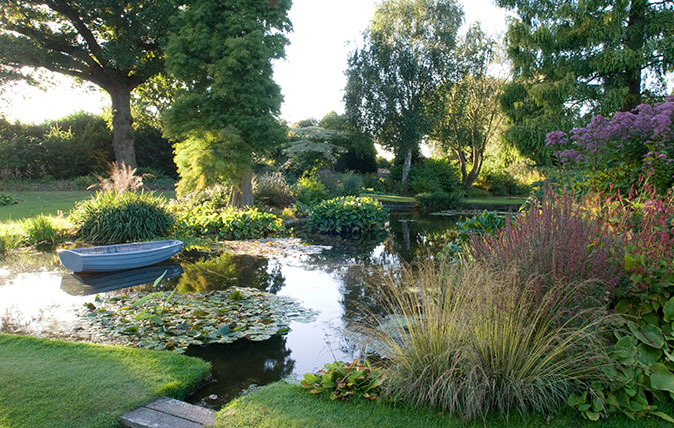
Alan Titchmarsh: How to keep a perfect pond
Alan Titchmarsh says that now is the time to clear out the weeds and keep your pond in top condition
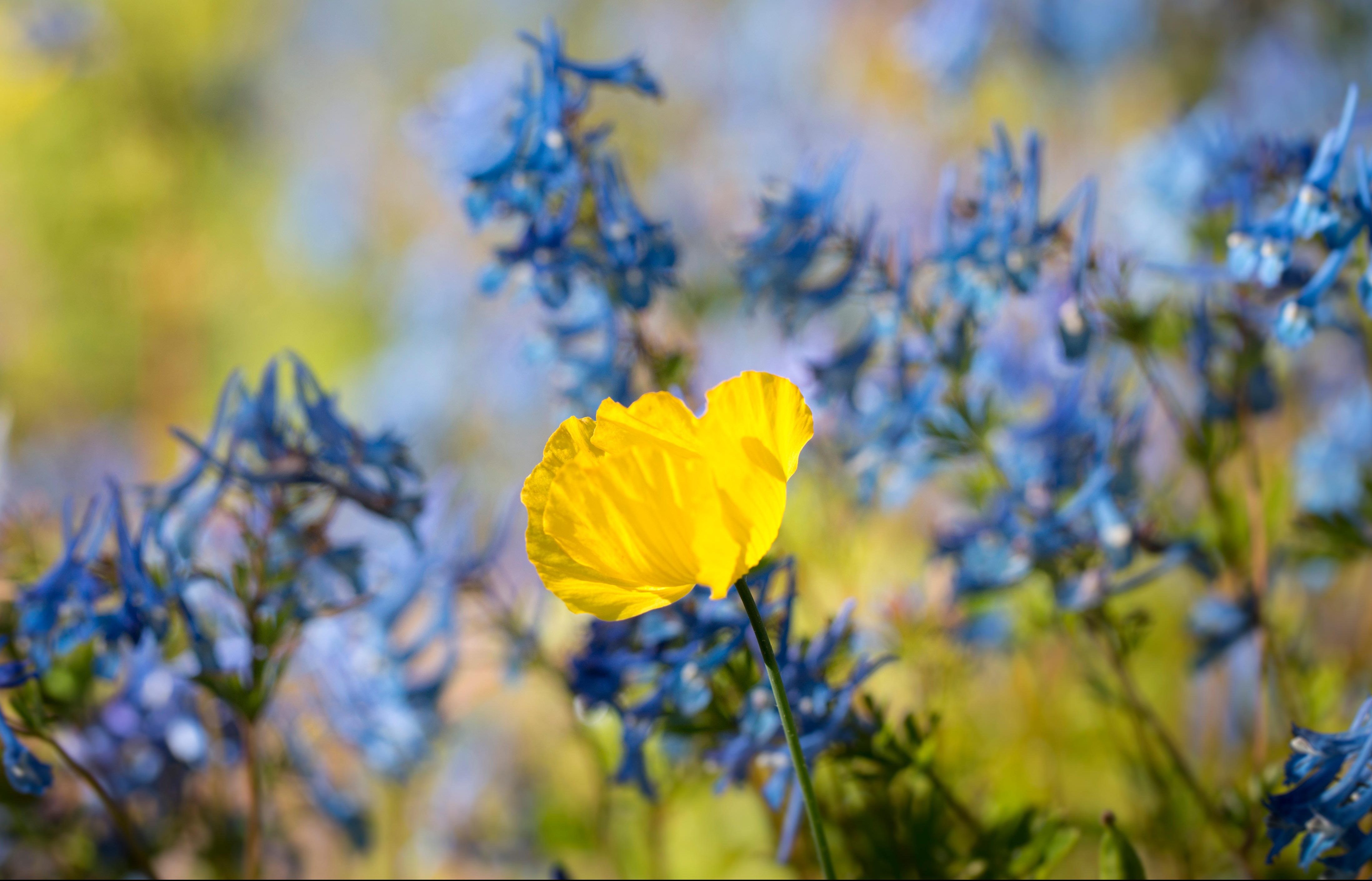
Alan Titchmarsh: The weeds I welcome with open arms
Our columnist Alan Titchmarsh used to spend hours ridding his garden of anything he hadn't planted himself. These days he
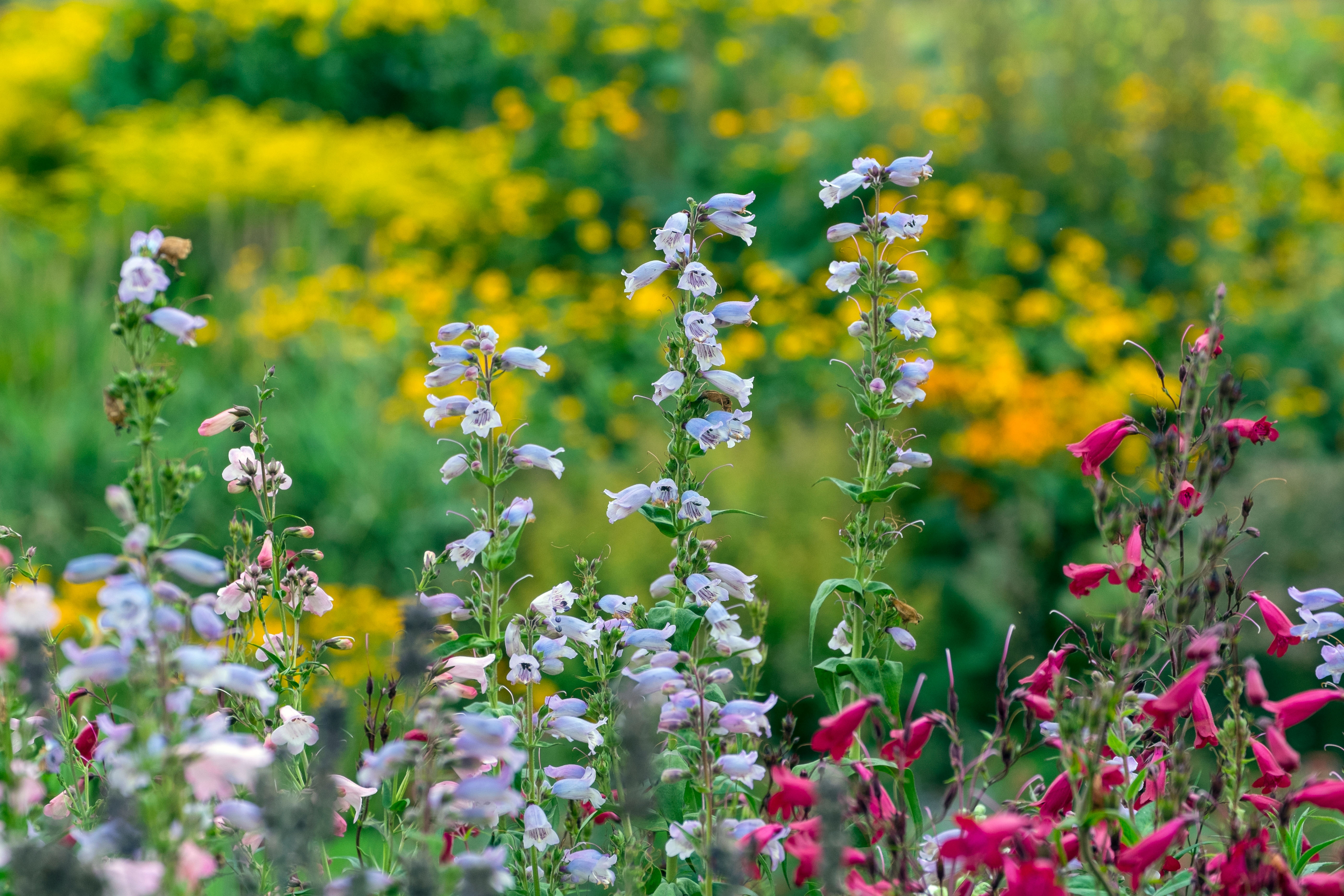
Credit: Gary K Smith / Alamy
Alan Titchmarsh: The ultimate flower for the lazy gardener
Penstemons are easy to grow, hardy, and flower for months — even the slugs don't both them. They might just be

Alan Titchmarsh: Why Kirstenbosch is the gardener’s garden
Alan Titchmarsh waxes lyrical about one of the world's truly magnificent gardens.
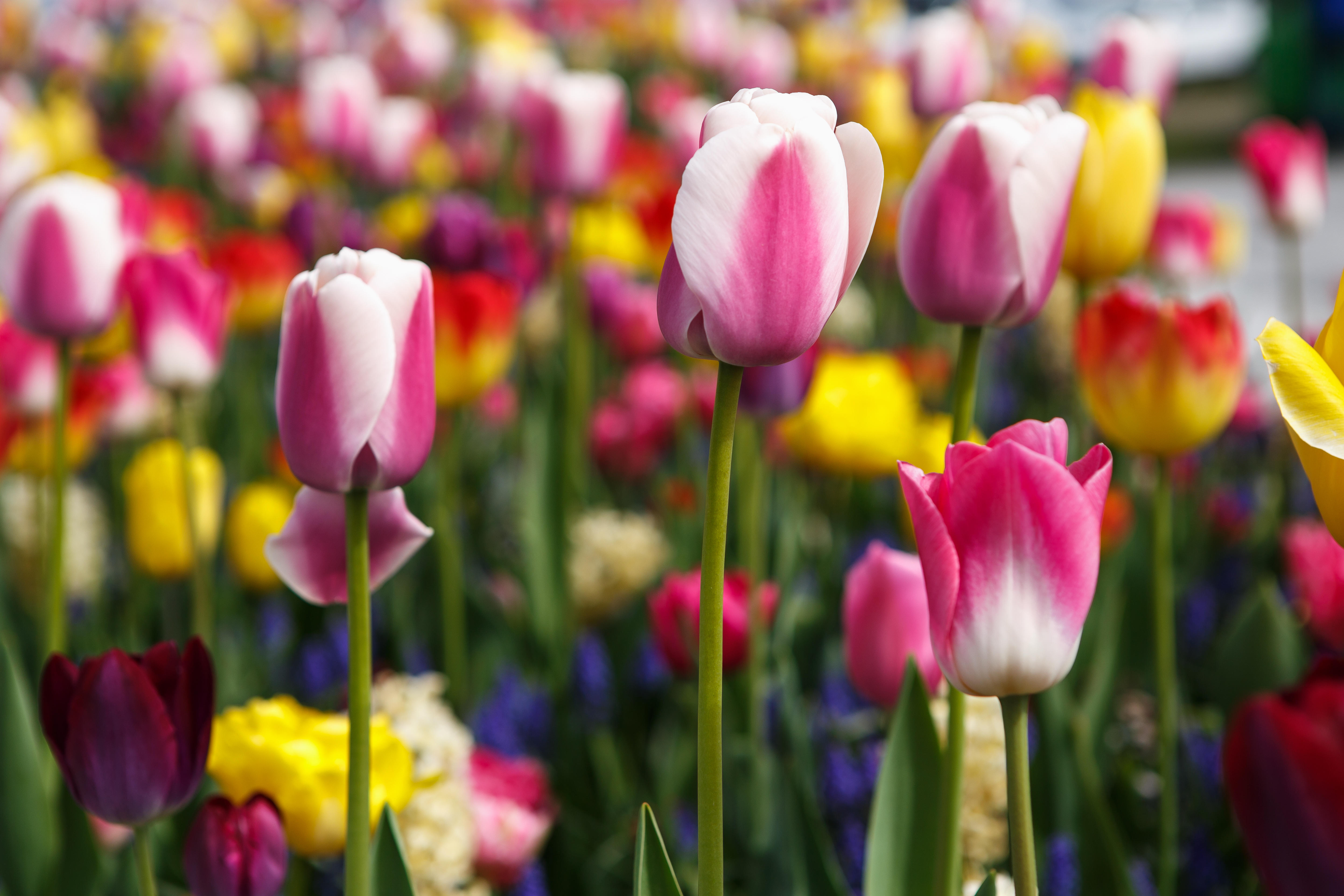
Credit: Alamy
Alan Titchmarsh: The best time of year to plant tulips
Alan Titchmars on planting tulips - and avoiding the grind of removing and storing bulbs every year.
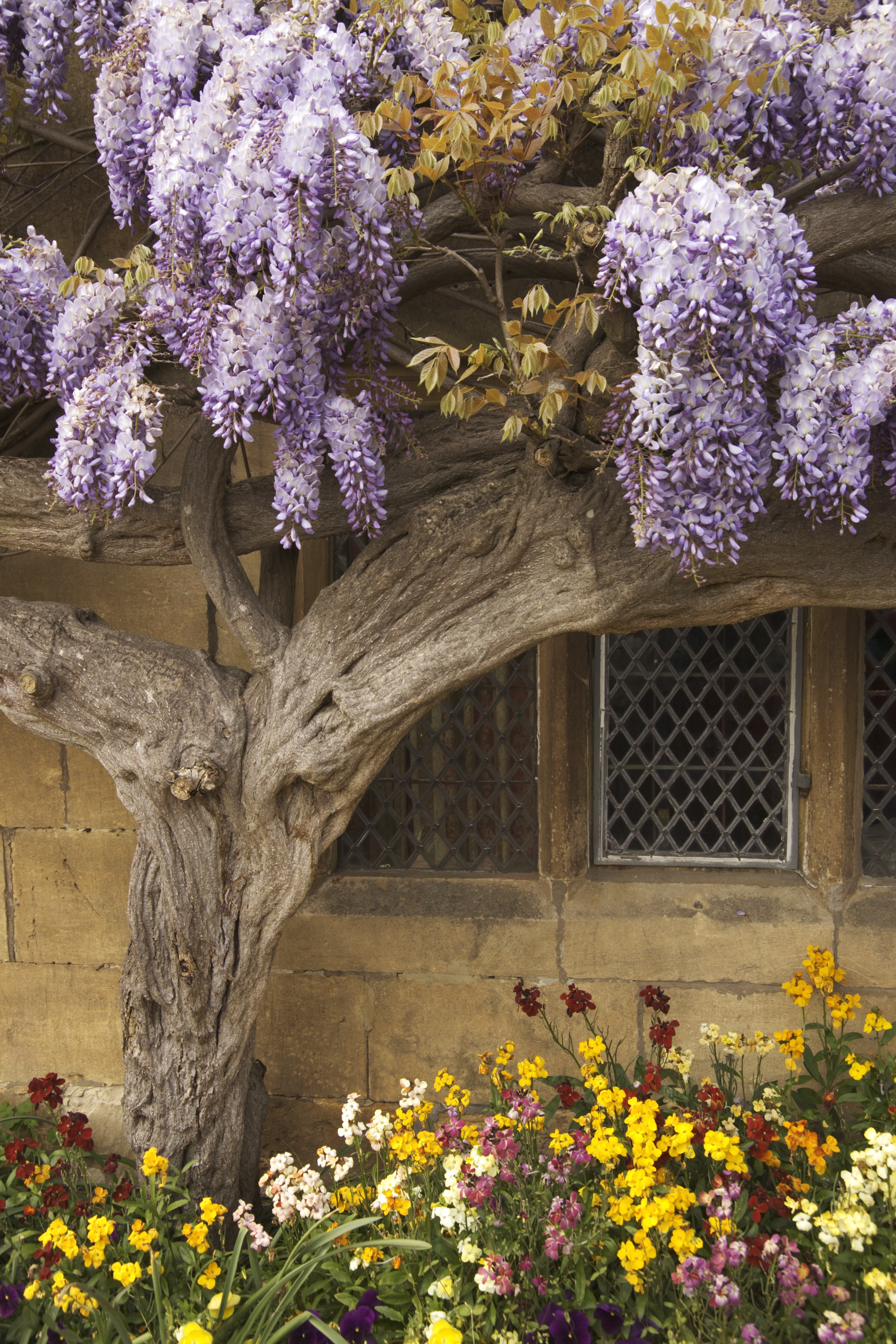
Credit: Getty
Alan Titchmarsh: A foolproof guide to growing wisteria
If you've been enviously eyeing the extraordinary wisteria on display across Britain this summer and wondering how you can grow
Alan Titchmarsh is a gardener, writer, novelist and broadcaster.
